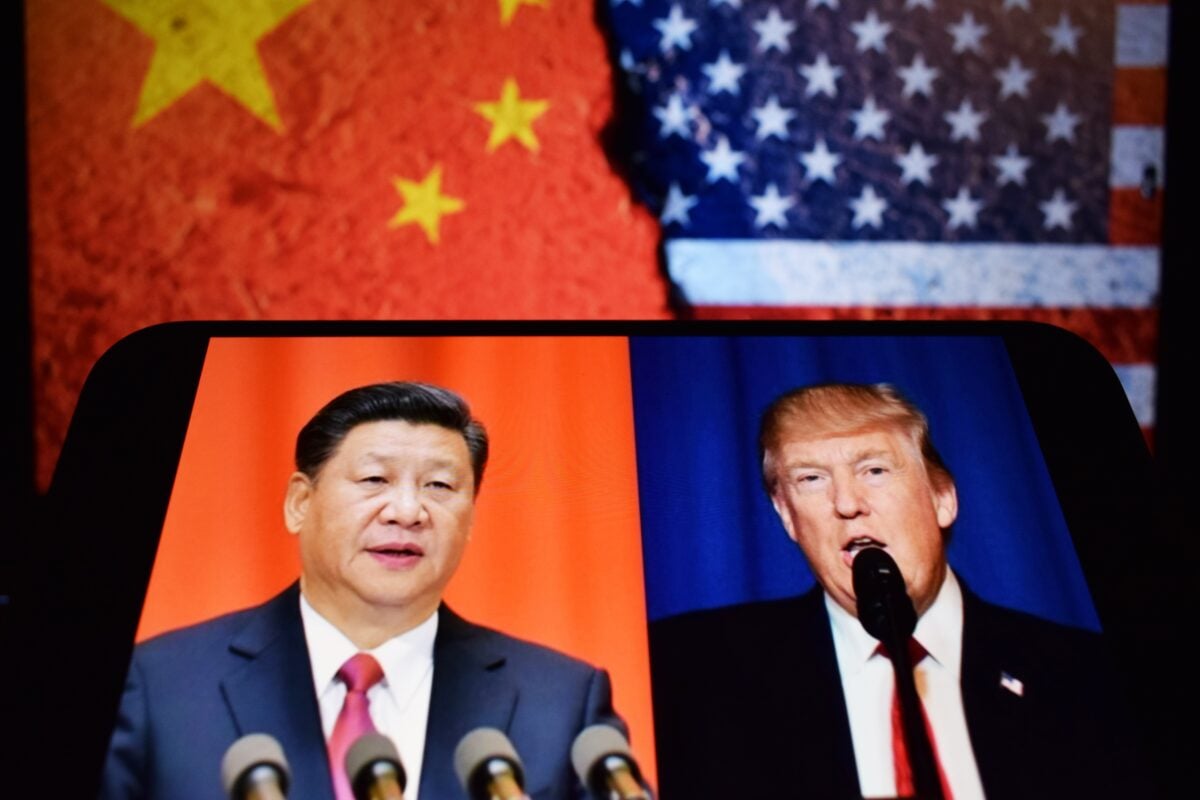TLDRs;
- China reshuffles trade officials, signaling strategic focus on US negotiations and economic diplomacy.
- Li Chenggang named top trade negotiator amid ongoing US-China tariff tensions.
- Leadership changes reflect Beijing’s effort to align trade strategy with geopolitical goals.
- New appointments aim to strengthen China’s influence in global economic policymaking.
In a significant move that underscores its focus on international trade, China has announced a major reshuffle of key government officials involved in US negotiations.
Li Chenggang has been appointed as China’s international trade representative and vice minister of the Ministry of Commerce, taking over responsibilities previously held by Wang Shouwen. The appointment comes at a critical juncture as trade tensions with the United States continue to shape global economic relations.
Alongside Li’s promotion, Chen Xiaodong has been named director of the China International Development Cooperation Agency, while Wang Zhizhong now leads the National Immigration Administration. Meanwhile, several other senior officials, including Xu Ganlu and Luo Zhaohui, have been relieved of their previous roles. These changes reflect China’s intent to strategically position officials capable of navigating complex international trade and diplomatic landscapes.
Li Chenggang’s Crucial Role
Li Chenggang steps into his new role amid persistent trade frictions between China and the US, which remain the world’s largest bilateral trading partners.
The US-China trade deficit, which stood at $295 billion in 2024, the lowest since 2009, continues to draw scrutiny in Washington, particularly regarding tariffs and accusations of unfair trade practices such as subsidies and forced technology transfers.
Li inherits responsibilities at a moment when China’s economic diplomacy faces heightened international pressure. Analysts suggest his appointment signals Beijing’s commitment to proactive trade negotiation strategies that balance domestic economic priorities with the need to maintain stable relations with Western markets. His experience and position at ministerial level highlight the weight Beijing places on trade as both an economic and geopolitical tool.
Strategic Economic Diplomacy
China’s approach to global economic relations has evolved into a sophisticated form of statecraft under Xi Jinping.
Trade is no longer merely a commercial instrument but a strategic lever for achieving broader geopolitical objectives. Beijing has demonstrated a willingness to employ administrative measures, legal strategies, and even informal trade restrictions to assert its influence in global markets.
The new leadership will need to navigate the challenges of China’s hybrid economic model, which combines state control with market mechanisms, often clashing with WTO norms and Western trade expectations. With 47 WTO complaints filed against China since its accession in 2001, Li Chenggang’s negotiation skills will be tested as he balances domestic priorities against global pressures for reform.
Implications for US-China Relations
These leadership changes may provide insight into China’s negotiation strategy in the coming months. By elevating officials with diplomatic and economic expertise, Beijing signals its willingness to engage in targeted, high-level trade talks with Washington while defending its national interests.
For the US, these appointments suggest China is prioritizing continuity and strategic clarity in its approach to trade disputes, potentially setting the stage for a more structured negotiation framework.
As global markets monitor these developments, the appointments serve as a reminder that China views trade policy not merely as a domestic economic issue, but as a critical instrument of international influence. The coming months will reveal how effectively the new leadership navigates tensions, addresses longstanding trade disputes, and aligns China’s economic objectives with its global ambitions.







